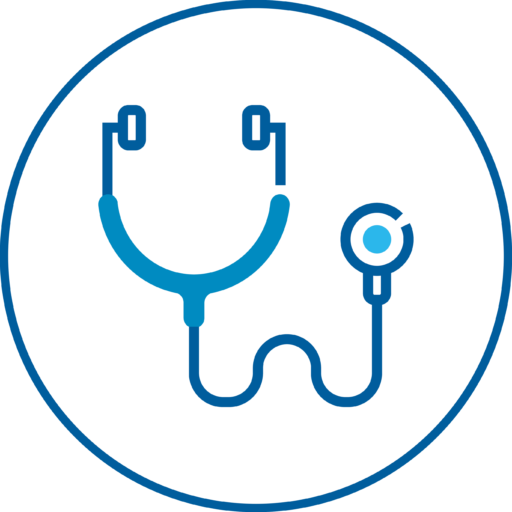The heart is at the core of our well-being, tirelessly pumping blood throughout our bodies and sustaining life. However, cardiovascular disease (CVD) remains a leading cause of mortality worldwide. In this blog, we’ll explore the critical importance of heart health, delve into strategies for preventing cardiovascular disease, and discuss effective management techniques for those living with CVD.
Understanding Cardiovascular Disease: The Silent Killer
Cardiovascular disease encompasses a range of conditions affecting the heart and blood vessels, including coronary artery disease, heart failure, stroke, and hypertension. Often referred to as the silent killer, CVD can manifest silently for years before presenting with symptoms, making prevention and early intervention crucial.
Prioritizing Prevention: Strategies for Heart Health
1. Healthy Eating: Adopting a heart-healthy diet rich in fruits, vegetables, whole grains, lean proteins, and healthy fats can help lower cholesterol levels, reduce blood pressure, and maintain a healthy weight.
2. Regular Exercise: Engaging in regular physical activity, such as brisk walking, jogging, cycling, or swimming, strengthens the heart muscle, improves circulation, and lowers the risk of developing CVD.
3. Smoking Cessation: Quitting smoking is one of the most significant steps individuals can take to reduce their risk of heart disease. Smoking damages blood vessels, raises blood pressure, and increases the likelihood of heart attacks and strokes.
4. Stress Management: Chronic stress can contribute to the development of CVD. Practicing stress-reducing techniques such as mindfulness, meditation, deep breathing exercises, and hobbies can help promote heart health.
5. Regular Check-ups: Routine medical check-ups are essential for monitoring blood pressure, cholesterol levels, and other risk factors for heart disease. Early detection and management of these factors can help prevent the progression of CVD.
Living with Cardiovascular Disease: Effective Management Strategies
1.Medication Adherence: Following prescribed medications, such as statins, blood thinners, and blood pressure medications, as directed by healthcare providers is crucial for managing CVD and preventing complications.
2.Healthy Lifestyle: Adopting heart-healthy habits, including a balanced diet, regular exercise, smoking cessation, and stress management, can improve quality of life and reduce the risk of further cardiovascular events.
3.Regular Monitoring: Monitoring blood pressure, cholesterol levels, and other key health indicators regularly can help individuals with CVD stay informed about their condition and make informed decisions about their health.
4.Support Network: Building a strong support network of healthcare providers, family members, and friends can provide emotional support, practical assistance, and encouragement for those living with CVD.
5.Education and Advocacy: Staying informed about heart health, understanding one’s condition, and advocating for appropriate care and resources are essential for managing CVD effectively and promoting overall well-being.
Conclusion: Empowering Hearts, Saving Lives
Heart health is not just a personal matter; it’s a community-wide effort. By prioritizing prevention, adopting healthy lifestyle habits, and effectively managing cardiovascular disease, we can empower individuals to live longer, healthier lives free from the burden of heart disease. Let’s unite in our commitment to heart health, spreading awareness, advocating for change, and supporting one another on the journey to optimal well-being. Because when it comes to matters of the heart, every beat matters. ❤️






